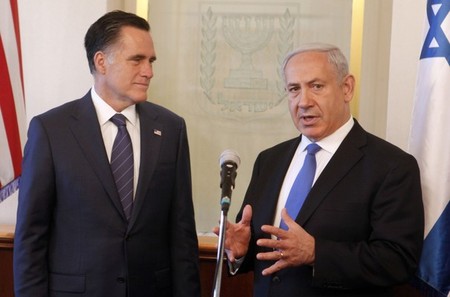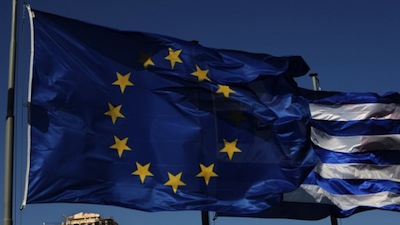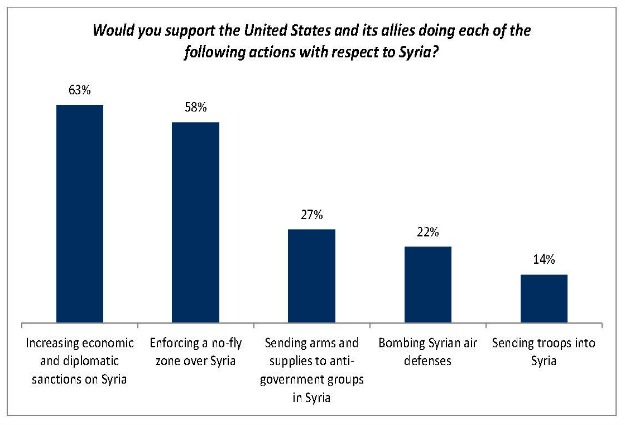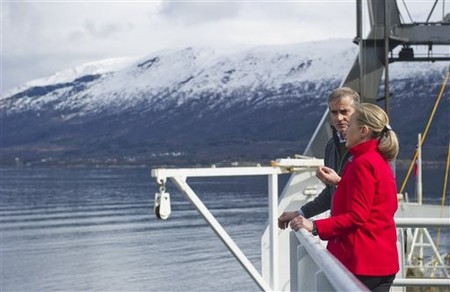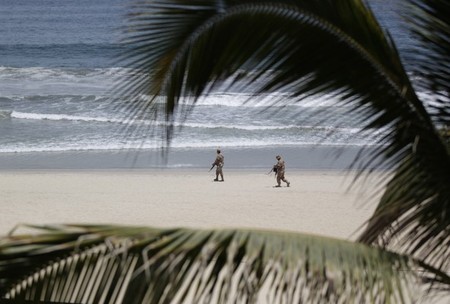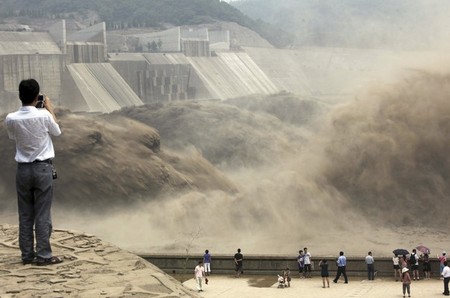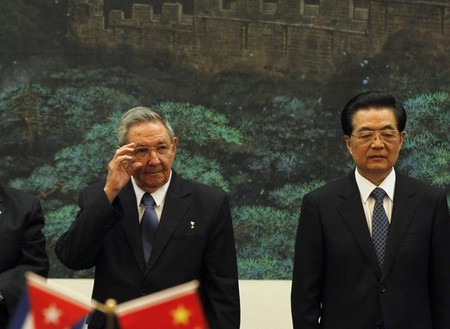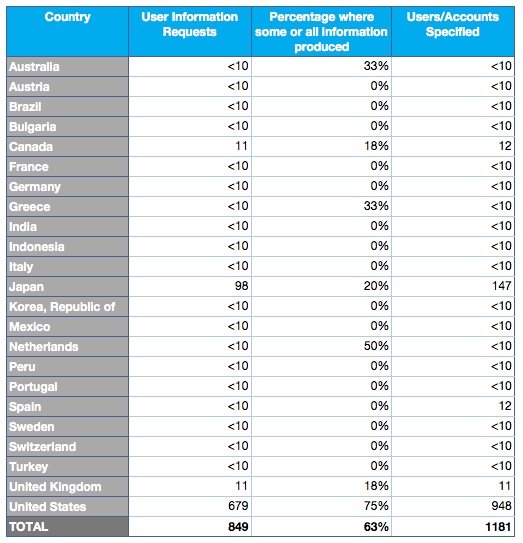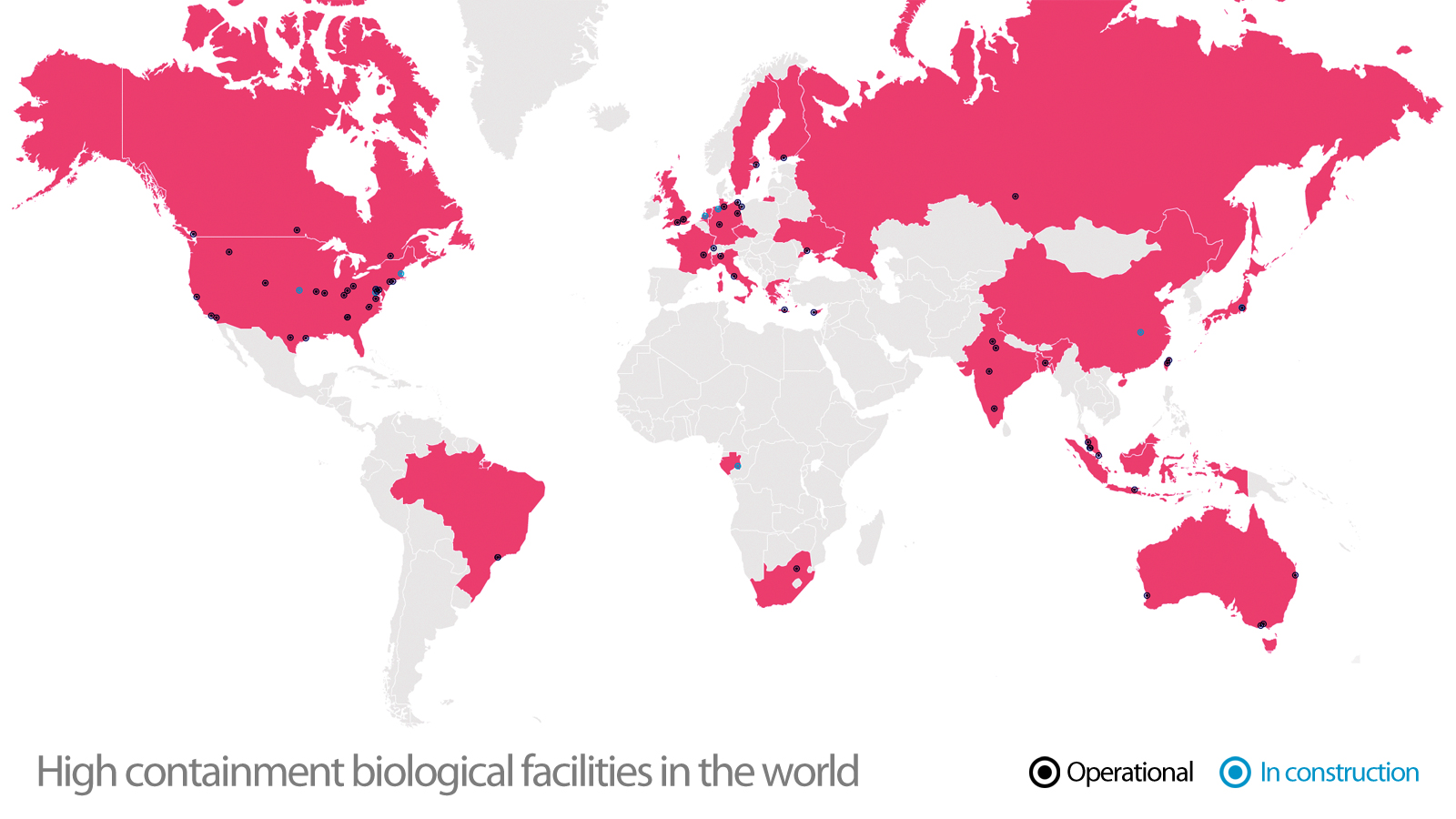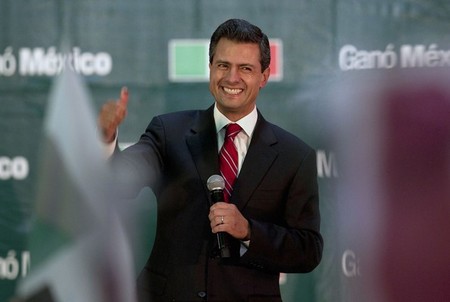As Syria Goes, So Goes Iraq?
Joost Hiltermann analyses the powder keg that is Iraq:
It’s easy to be distracted by an uptick in violence in Iraq and ignore the larger political crisis in which al Qaeda, however diminished in its capabilities, can operate with apparent impunity. Despite last week’s events, violence has been at a steady level since 2008 – too high for sure to those caught up in the spasms that occur, but sufficiently low to nonetheless convey a general sense of stability – a vast improvement over the days of sectarian fighting some years ago. Spectacular attacks have punctuated a pattern of declining violent incidents, causing mass casualties even as overall casualty levels have gone down. Shia militias, which mainly targeted the U.S. presence, put their guns back under their beds after the military component of that presence came to an end late last year....What matters in Iraq today isn’t so much its sporadic violence, however spectacular in nature, as the total absence of basic consensus over how the country should be run, as deepening discord could trigger a new round of civil war.
But wait, it gets worse:
In this unhappy state of affairs, the Syrian crisis threatens to exacerbate political tensions in Iraq and give them a renewed sectarian cast. As the minority-based Assad regime goes down, Syria’s Sunnis are certain to rise, re-empowering Iraq’s Sunnis, who have felt marginalized since 2003. Shiite perceptions of a looming Sunni alliance of Gulf states, Turkey, and a new Syria arrayed against the remaining Shia-run bastion of Iran and Iraq – with the intent of bringing down Maliki to deal a further blow to Iran’s influence in the region – are increasing sectarian polarization in Iraq. This is the perfect breeding ground for groups such as al Qaeda, which may find it easier to recruit in Sunni quarters, finding deep frustration and grievance, but also new Syria-inspired hope that the tide is again turning in their favor.
This is also the logical endgame of Washington's singular focus on "containing" Iran. We are fanning a jihadist whirlwind. Rather than stepping back and allowing the Mideast to work out its own problems and sectarian blood feuds, we're repeatedly jabbing our fingers into the hornet's nest.

